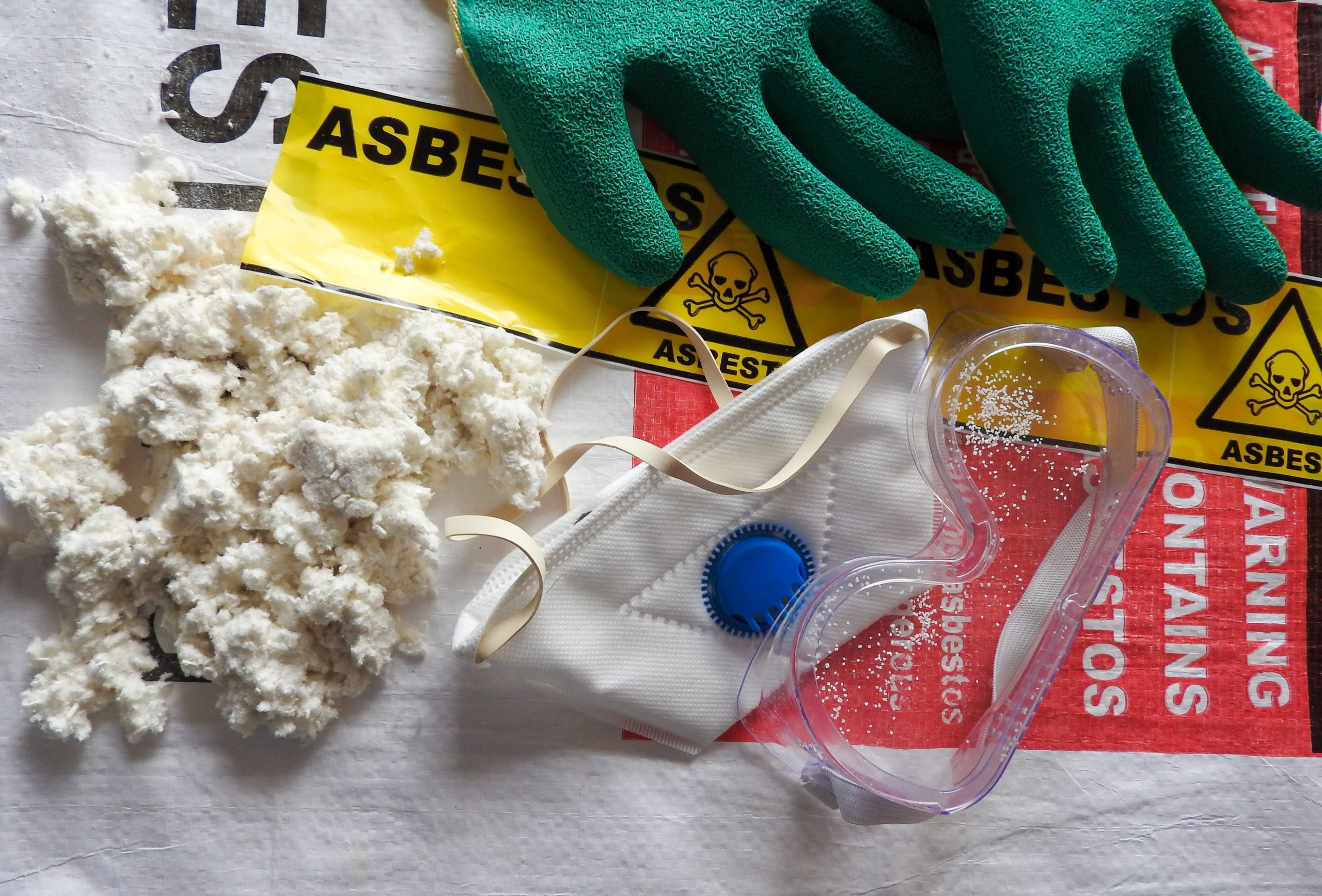
Take a deep breath. Whatever it is that is on your mind, you can always breathe through it. The only question, however, is this:
Is that breath of air actually healthy?
Be it the quality of the air itself or the health of your lungs, you may have questions about the quality of breath you’re taking, particularly when mesothelioma concerns rise to the surface.
What is Mesothelioma?
“The tissue that lines your lungs, stomach, heart, and other organs is called mesothelium,” MedlinePlus explains. “Mesothelioma, also known as malignant mesothelioma, is cancer of that tissue.”
While mesothelioma may develop in other organs within the body, it most commonly occurs in the lungs. As such, this form of cancer is often deadly.
Oftentimes, individuals with mesothelioma develop several of the following symptoms:
- Painful and persistent coughing
- Shortness of breath
- Chest aches and pains
- Tissue lumps beneath the skin over the chest
- And more
As the condition develops, some patients may also experience difficulty swallowing and/or breathing in addition to a build-up of fluid in their lungs.
How Does Mesothelioma Develop?
While mesothelioma can be genetically passed on, more often than not, mesothelioma all comes down to asbestos exposure.
“Approximately 70 to 80% of cases of mesothelioma result from exposure to asbestos,” according to the National Organization for Rare Disorders (NORD). “Symptoms of mesothelioma may not appear until up to 30 to 50 years after initial exposure to asbestos.”
Specifically, workers who deal with restoration, construction, and similar industries are most likely to be exposed to asbestos, as they work” in places where they inhaled or swallowed asbestos,” the National Cancer Institute reports.
That being said, one may also develop mesothelioma if they live with a person who deals with asbestos-containing material (ACM), as the worker may come home with asbestos fibers clinging to their hair and/or clothes.
How Can I Try to Avoid Mesothelioma?
Put simply, the Centers for Disease Control and Prevention (CDC) recommends that concerned individuals “ask [their] doctor if [they] should get regular checkups or tests for asbestos-related diseases.”
This can help promote early detection and treatment.
Otherwise, the best prevention plan involves knowledge. Specifically, by calling in a professional indoor air quality company to come and perform an asbestos test before, during, and after serious property repair or remodeling, you can better mitigate asbestos exposure altogether.
And if you’re wondering who to call, you can rest assured knowing that Luce Air Quality is in your corner!
Capable of performing comprehensive both asbestos investigations and air monitoring, your local team of indoor environmental experts will be there to locate, identify, and report back on ACM in your residential or commercial property.
Ready to get started? Contact us today at 904-803-1014 to learn more! We look forward to helping you breathe a healthy sigh of relief.


